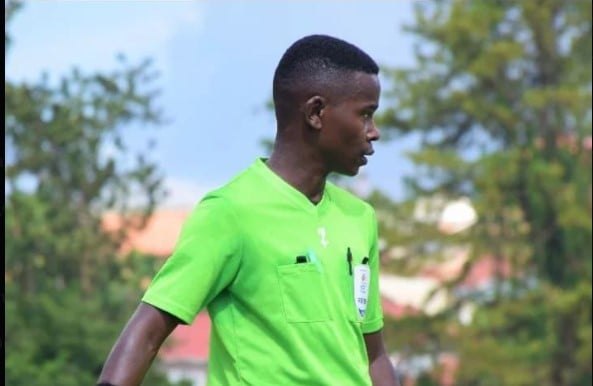Prime
Women suffer most from online violence

Activist Dr Stella Nyznzi has on several occasions been at the receiving end of 'online violence'. PHOTO/FILE .
The political dust is in the sky, but who will hold women out of the mud, when cyber harassment rains pour!
While the political dust is kicked in the sky, teargas canisters flying to mutilate people’s limbs and form a dark cloud over our heads, the fingers on personal computer keyboards have not taken a break either; for both good and bad reasons.
What we type with our phone or computer keyboards is yet another heavy cloud to worry about during this virtual campaigns.
Cyber harassment is on the rise yet there are very many hurdles in the fight against it, in an electoral season like this, it is unfortunate, cyber harassment will be a political tool more especially against female candidates. As a tool, it is not new in the global political landscape.
During the 2016 USA congressional elections, candidate Erin Schrode of Northern California District woke up to ten thousand cyber harassment messages on her email, Facebook, Twitter and Instagram. This emotionally distressed her and affected her pace in the race. On the African continent, a similar tool was used to silence Diane Rwigara, a presidential hopeful in Rwanda elections.
In the above scenarios, no serious investigations were done to bring the perpetrators to book, yet cyber harassment dines and wines with the copious odds stacked against women in political races, more especially in patriarchal society like ours that condemn female victims of online harassment.
A UN Women report titled ‘Cyber violence against Women and Girls: A Worldwide wake-up call,’ claimed women are 27 times more likely than men to be harassed online. Another report by Pollicy, a Tech research company based in Kampala, found that 75 per cent of women interviewed suffered from mental stress and anxiety due to their experiences of online violence.
The problem is in how women respond, the report further indicated that 63 per cent of Ugandan women responded by blocking or deleting the perpetrator; 25 per cent ignored the perpetrator and 11 per cent deleted or deactivated their own accounts.
The reactions entrench and widens the cyber exclusion gap between men and women.
The protection of women online, needs both a psychosocial and effective and a stout legal approaches that protect women against cyber harassment.
The legal regime regulating the cyber space is sufficient to protect women, but the efforts from the rollers of the justice chain; police investigators, are aptly insufficient.
The lackadaisical investigations by police officers in matters related to Cyber-crimes continues to throw a spanner in the work of courts. Early this year, Justice Henry Peter Adonyo nullified the trial of Dr Stella Nyanzi at the Buganda Road Chief Magistrate’s Court on the premise that the lower court did not have the territorial jurisdiction to try the accused who was charged with cyber harassment.
One of investigating officer in that case claimed to have activated the accused/appellant’s Facebook account and identified the accused, but never pointed out the exact location of the accused/appellant, and he was faulted for that.
Mr Timothy Amanya is a legal practitioner| [email protected]




